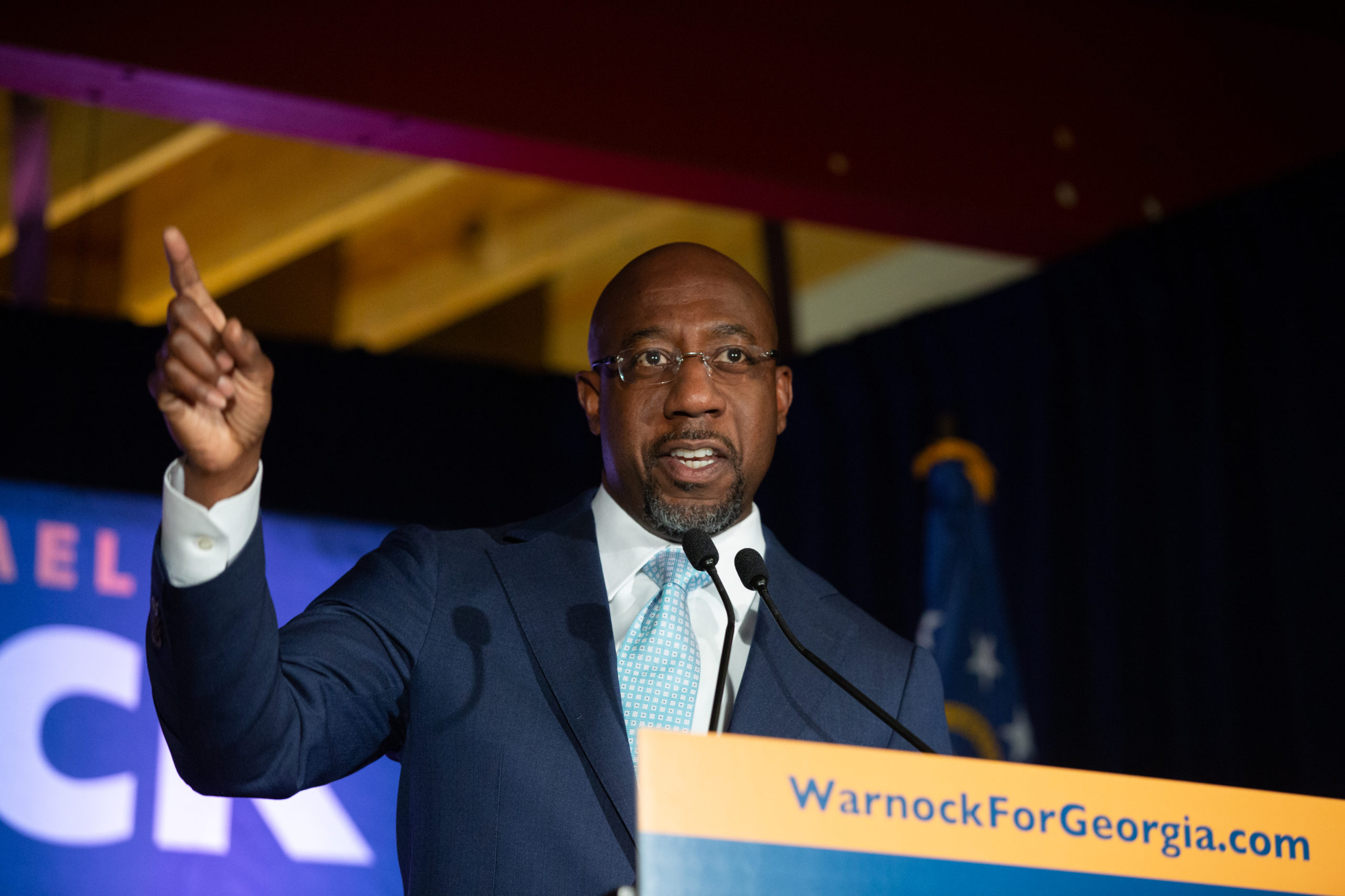Democratic candidates for two open U.S. Senate seats in Georgia, Jon Ossoff and Raphael Warnock, support the PRO Act, a piece of legislation that if passed, could mean the end of non-union workers.
Since 1947, Georgia has operated as a Right to Work state. Workers are not required to join a union or make payments to a union as a prerequisite for employment. This is meant to protect workers who are not hired, or get fired, because of their unwillingness to join a labor union, according to the Georgia Department of Labor. There are 26 other Right to Work states.
However, Ossoff and Warnock both support the PRO Act, which stands for Protecting the Right to Organize. This legislation, which passed the Democrat-controlled House this year, overrides Right to Work laws that prevent unions from collecting dues from the workers they represent, according to the Economic Policy Institute. The legislation essentially cracks down on independent contracting and freelancing.

ATLANTA, GA – NOVEMBER 03: Democratic U.S. Senate candidate Rev. Raphael Warnock speaks during an Election Night event on November 3, 2020 in Atlanta, Georgia. Democratic Senate candidate Rev. Raphael Warnock is running in a special election against a crowded field, including U.S. Sen. Kelly Loeffler (R-GA), who was appointed by Gov. Brian Kemp to replace Johnny Isakson at the end of last year. Georgia is the only state with two Senate seats on the November 3 ballot. (Photo by Jessica McGowan/Getty Images)
The PRO Act would require employers to bargain with unions, chosen by their employees, to reach a contract that addresses wages, benefits and other issues. The legislation overrides Right To Work by creating a “fair share” clause requiring all workers who benefit from collective bargaining agreements to pay a fee toward the cost of bargaining and administering the agreement.
Both Ossoff and Warnock support the legislation, according to Communications Workers of America (CWA). (RELATED: Scarborough: Republicans ‘Should Win’ Georgia Senate Runoff Unless ‘They Follow The Madness Of Trump’)
Both support “the PRO Act, landmark legislation that will strengthen the rights of workers to join together in unions and collectively bargain with their employers, and oppose any efforts to weaken or remove protections for workers’ right to organize and collectively bargain,” CWA said.
President-elect Joe Biden also supports banning Right to Work laws.
“We should change the federal law [so] that there is no Right to Work allowed anywhere in the country,” Biden said in an official statement on his campaign website.
However, Right to Work laws are popular in many states. Democratic South Carolina Congressman Joe Cunningham voted against The PRO Act in February, according to Forbes.
“The economy is humming right now and we don’t want to do anything that would throw sand in the gears,” he said. “This piece of legislation would simply overturn our state’s right-to-work laws, it would force workers into one-size-fits-all union contracts and deprive workers of flexibility and independence.”
Data shows that Right to Work states benefit from faster growth, according to the National Institute for Labor Relations Research (NILRR). In Right to Work states, the percentage growth in the number of people employed between 2007 and 2017 was 8.8%, while in Forced-Unionism States, the rate was less than half at 4.2%. Percentage of real growth in household consumption was four percentage points higher in Right to Work states than Forced-Unionism States as well.
In Right to Work states, the percentage growth in the private sector between 2007 and 2017 was 13.0% compared to 10.1% in Forced-Unionism States, per NILRR.


